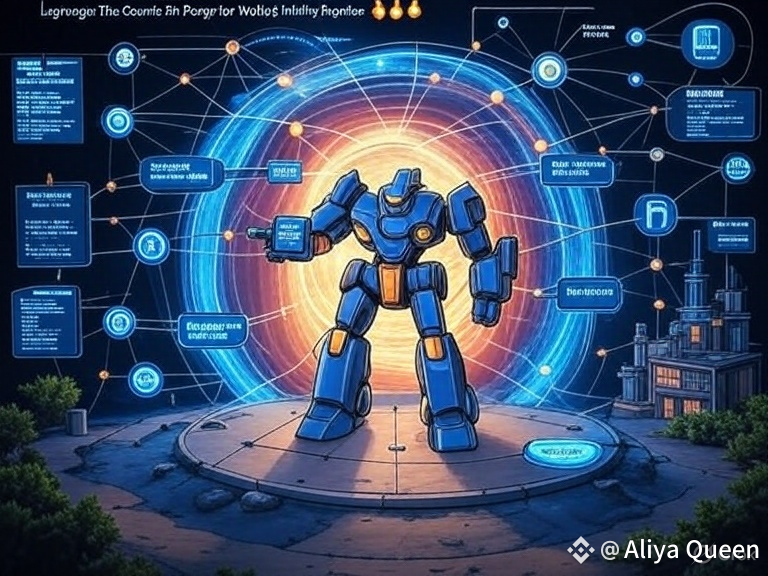that works alongside a blockchain to handle complex, resource-intensive computations efficiently while ensuring trust and correctness through zero-knowledge proofs.
Technical Overview of ZK Coprocessors:
Role and Analogy:
Similar to how a GPU offloads graphic-intensive tasks from a CPU, the ZK coprocessor offloads heavy computational tasks (like AI inference, large data queries, or complex contract execution) from the main blockchain. This enables the blockchain to remain lightweight and fast.
Off-chain Computation with On-chain Verification:
The coprocessor performs the substantial computations off-chain, then generates zero-knowledge proofs (ZK proofs) attesting that the computations were done correctly without revealing sensitive data. The blockchain only verifies these succinct proofs, not the entire computation, drastically saving gas and increasing throughput.
Stateless and Modular:
ZK coprocessors are generally stateless and modular, meaning they can work with multiple blockchains and support a wide range of applications. This contrasts with traditional rollups, which are often tied to a specific chain and maintain state.
High Scalability:
Through hyper-parallel processing and dynamic scaling, ZK coprocessors break large computations into smaller workloads distributed across a network of provers. This allows querying across millions of storage slots per block, a scale much higher than traditional on-chain querying methods.
Use of Verifiable Databases:
For example, Lagrange’s ZK Coprocessor preprocesses blockchain data into off-chain, ZK-friendly verifiable databases, enabling efficient and provably correct SQL query executions on-chain.
Applications:
Popular usage scenarios include AI-driven decentralized applications (dApps), complex DeFi protocols, SocialFi, and GameFi where on-chain computation is prohibitively expensive or slow.
Benefits:
Reduces gas and latency costs significantly.
Enables complex applications like ChatGPT-like AI on blockchain.
Maintains trust with zero-knowledge proofs while allowing heavy-lift computation off-chain.
Summary
A ZK coprocessor acts as a trusted off-chain compute engine, proving the correctness of its work to the blockchain via zero-knowledge proofs. This paradigm expands blockchain capabilities by enabling complex, data-intensive computations off-chain while preserving on-chain trust and security.
